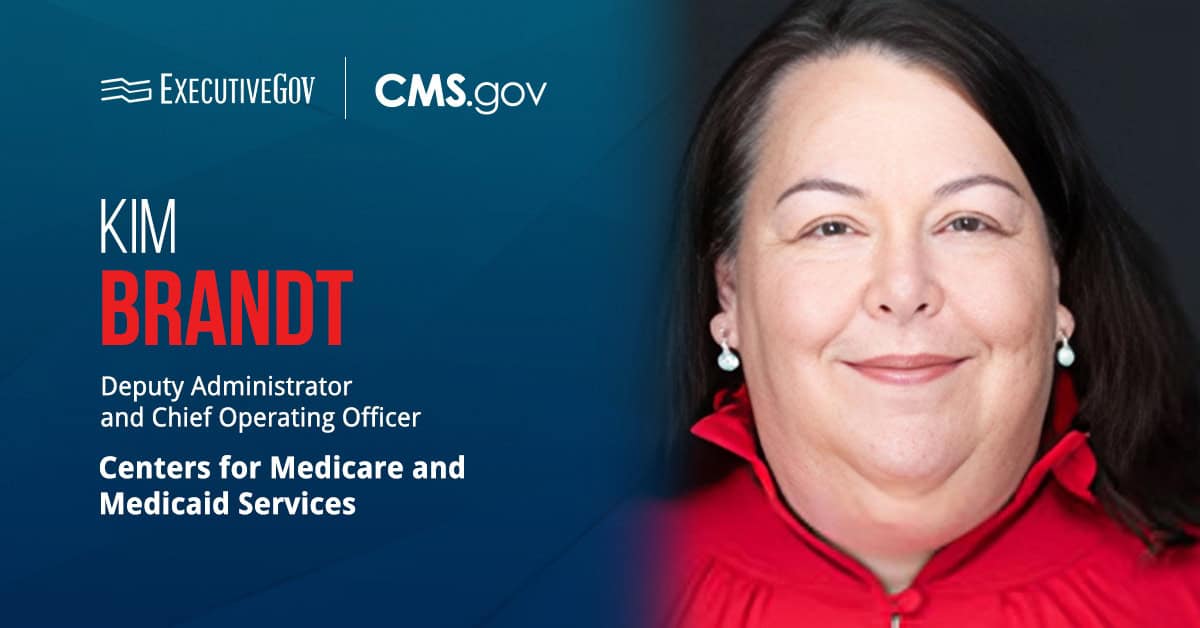The Department of Commerce has awarded the Semiconductor Research Corporation Manufacturing Consortium Corporation funding grant of $285 million to build and operate a chips manufacturing institute in Durham, North Carolina.
To be known as Semiconductor Manufacturing and Advanced Research with Twins USA—SMART USA for short—the $1 billion institute will develop, test and deploy digital twins to enhance domestic semiconductor design, manufacturing, advanced packaging, assembly and test processes, the Commerce Department said Friday.
Table of Contents
Bringing Chip Production to US
According to Arati Prabhakar, director of the White House Office of Science and Technology Policy, the investment will assist the Biden administration’s vision of bringing semiconductor manufacturing back to the United States. The funding will also support efforts to “pursue the research and development needed to win the future,” the Wash100 Award winner added.
Secretary of Commerce Gina Raimondo noted that digital technology will enable manufacturers and researchers to “develop and produce the next frontier of technological advancements in the semiconductor industry.”
Working to Improve Chip Industry’s Production Efficiency
Digital twins allow engineers and researchers to create virtual models to design and test processes digitally before their deployment. The technology also supports the development of future capabilities in a simulated environment. In the semiconductor industry, digital twins can use artificial intelligence to optimize chip design, improve production efficiency and lower costs.
When it becomes operational, SMART USA intends to cut down U.S. chip development and manufacturing costs by over 40 percent, reduce development cycle times by 35 percent, minimize the industry’s greenhouse gas emissions by 30 percent and train more than 110,000 workers and students on digital twin technology over the next five years.





